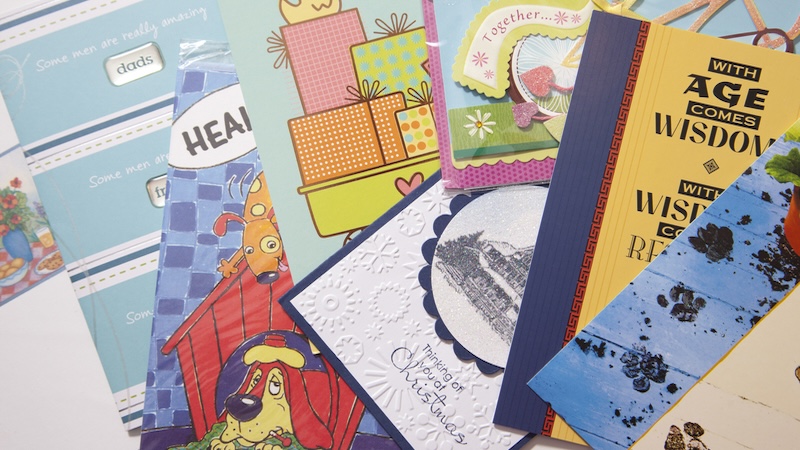Ask Amy: A Pocket Dial Scars a Friendship
When technology turns on you...

Dear Amy: My friend “Laura” has seemed distant to me, lately.
She is one from a group of four women who have been friends for a number of years.
When I remarked on Laura’s distance to me to another friend from the group, she said, “I know why Laura is behaving this way. Do you want to know more?”
Of course, I did. She then told me that I must have inadvertently issued a “pocket dial” and called Laura on my cell phone. Laura told our friend that she heard my husband and me making fun of her son.
I was shocked. If someone had mistakenly dialed me, I would never listen to their private conversation!
(Our mutual friend, however, said that she would “totally listen.”)
Most importantly, I would never make fun of Laura’s son: he is mentally challenged.
Why didn’t she confront me in front of the other friends, instead of telling them when I wasn’t there?
I feel like I’ve been tried and convicted.
I’m also really angry that she eavesdropped. Should I bring this up to Laura?
– Flummoxed
Want to get even more life tips from Amy? Read more of her advice columns here!
Dear Flummoxed: For people who use voice-assisted dialing on their phones, the phone can place a call if it hears a prompt. And so, when you were gossiping about “Laura,” your phone automatically connected to her number.
(Blame Siri – she’s such a busybody!)
I’m going to take a contrary position to just about every point you raise.
Yes, I would totally listen to a call if someone “pocket-dialed” me and I heard my name mentioned. So would you, by the way.
And do you actually want your friend to confront you about your behavior in front of your entire friend group? No, you don’t.
Yes, “Laura” should have raised this pocket dial issue with you privately, but what happened is so dramatic, that I can understand why she didn’t.
Even though you deny what you have been accused of saying, you seem to be issuing a “non-denial denial,” a concept popularized by Bob Woodward and Carl Bernstein to describe the evasion and equivocation by Nixon’s Attorney General during the Watergate scandal. (Please, don’t be like John Mitchell.)
The way you should handle this is to talk to Laura, privately, and apologize. Do not blame her for eavesdropping. Ask her to describe what she overheard. Correct any misapprehensions, admit to the truth, and ask for her forgiveness.
And make sure your phone’s screen is locking after you’ve used it.
In the tradition of the great personal advice columnists, Chicago Tribune’s Amy Dickinson is a plainspoken straight shooter who relates to readers of all ages. She answers personal questions by addressing issues from both her head and her heart. A solid reporter, Dickinson researches her topics to provide readers with informed opinions and answers. Ask Amy, P.O. Box 194, Freeville, NY 13068
© 2021 by Amy Dickinson


